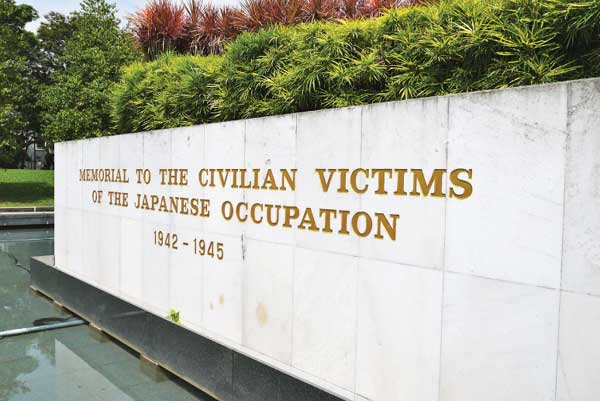The Singapore occupation during WWII left a bitter aftertaste with civilian inhabitants, and the memories of it haunt many to this day. Those who were young at the time (it began in 1942) can still recall much of what happened. They the torturous deaths of friends and family, as when as an overwhelming sense of pessimism which pervaded the land. Lasting for over three years, the Singapore occupation is among many reasons that some Asian countries feel Japan has not apologized enough for its part in the war.
During the period of trauma experienced by residents, many were tortured or killed by the Japanese as Imperial forces aimed to eradicate all who would oppose them. Those who were unsympathetic with Japanese aims during the war were found and eliminated, with potentially tens of thousands having been felled in this manner. The Singapore occupation was characterized by such atrocities which occurred under the name of Operation SookChing. The horrors of being occupied still flow through civilian consciousness to this day, with numerous memorials dedicated to the period.
Singapore did not actually take a large role in the warfare, yet still they were a concentration in the efforts of Japanese forces. They were known to be a key factor in the British Malaya resistance, yet unfortunately, Japan did not have to fight too hard to overtake them. Japan quickly fought their way into the role of occupation after overtaking their base, the China Daily reports.
The occupation is mostly remembered by word of mouth through generations. Schools do not teach much about the Second World War, due to their diminished role in battle, though their period of fear under the Japanese is taught a little more extensively. The students are taught that defense in wartime is every bit as important as offense, if not more important. This certainly echoes the lessons learned by Singapore at the time, therefore it is not too surprising a choice for the concentration of their war studies.
The memory of the Singapore occupation is dwindling, as relations with Japan grow better and the population grows younger. They understandably do not want to wallow in the happenings of seven decades ago, and feel that their yearly memorials as well as standing structures are enough to pay homage to those lost at the time. While those who lived through it may remember it deeply, the newer generation looks upon the Singapore occupation as a historical lesson in the value of military defense. This is all the better for them so long as it eases relations with their neighbors, which is a viable goal considering the years passed since the end of the war.
